Join Us for “March Matchness”: a Chance to DOUBLE YOUR IMPACT for the Kaylie Meyer Memorial Fundraiser!
At H.O.P.E. Ranch Foundation, we believe in the healing power of horses. Through equine-assisted psychotherapy, we help individuals in need find hope, strength, and resilience. This March, you have a unique opportunity to make your donation go even further!
Thanks to Givebutter’s March Matchness campaign, we have the opportunity to receive up to $5,000 in matching donations—but we need your help to get there! This fundraiser is a way to jumpstart our efforts even before we start selling tickets for the main event in September. If we raise just $500 in March, we’ll qualify for this incredible matching opportunity. Every dollar you give now helps us build momentum and brings us one step closer to unlocking these vital funds. Won’t you help? Donate here!
DONATE TODAY!
About The Kaylie Meyer Memorial Fundraiser
Established in 2022, the Kaylie Meyer Memorial Fundraiser honors the memory of Kaylie Meyer, whose passion was to help others through equine-assisted psychotherapy. Each year, this fundraiser supports the H.O.P.E. Ranch Foundation, which provides financial assistance to organizations using the EAGALA model, the premier standard for equine-assisted therapy.
Mark your calendars! The 4th Annual Kaylie Meyer Memorial Fundraiser will be held on September 13 from 1 to 6 PM at Tavern 22 (3401 Northern Valley Pl NE, Rochester, MN 55906).
Your Donations Make a Difference
Since the fund’s inception, we have raised over $45,000 to support equine-assisted psychological services. In 2024 alone, thanks to generous donors like you, we distributed $23,284.28 to help clients access these life-changing services.
Your support doesn’t just fund therapy sessions—it changes lives. Every contribution, big or small, keeps Kaylie’s dream alive and ensures that those in need can experience the healing power of horses.
Be a Part of the Impact
This March, let’s come together to maximize our impact. Donate now, and your generosity could be doubled through Givebutter’s March Matchness campaign! Help us continue to make a difference in the lives of those seeking healing through equine-assisted therapy.
Thank you for your support and for honoring Kaylie’s legacy with us. We couldn’t do this without you!
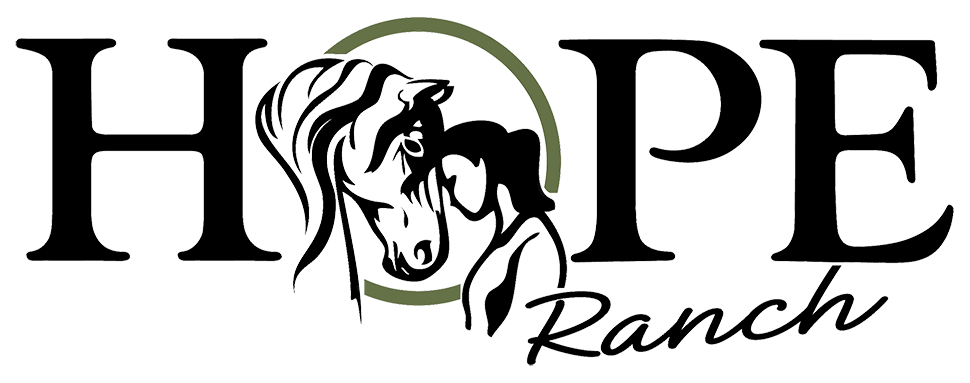


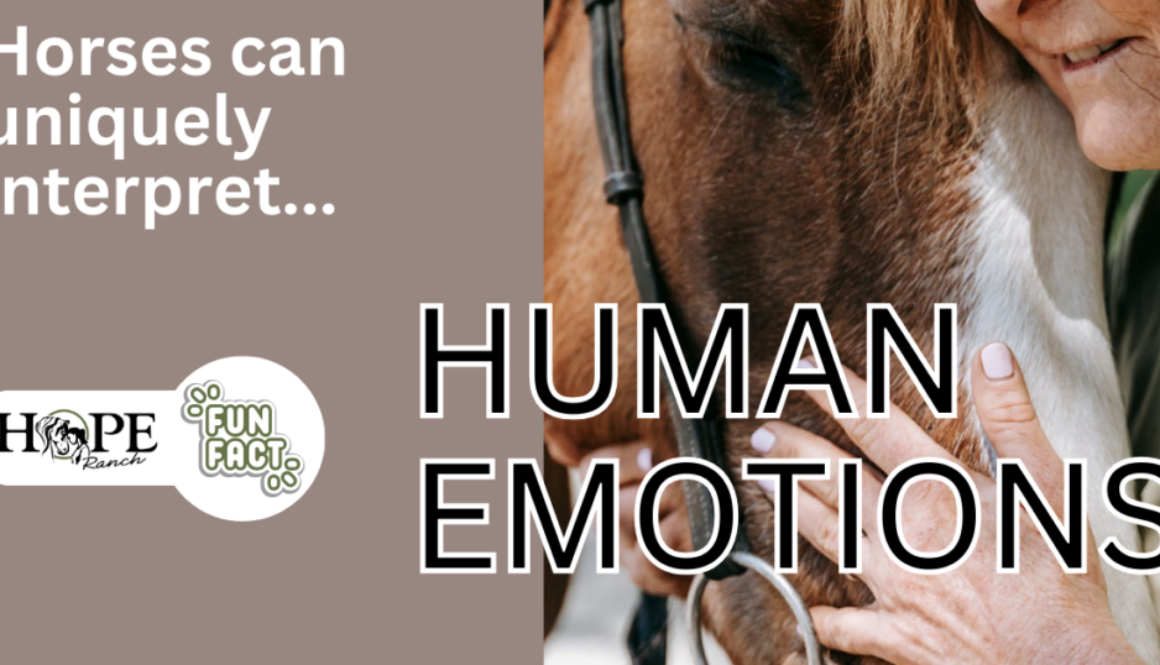
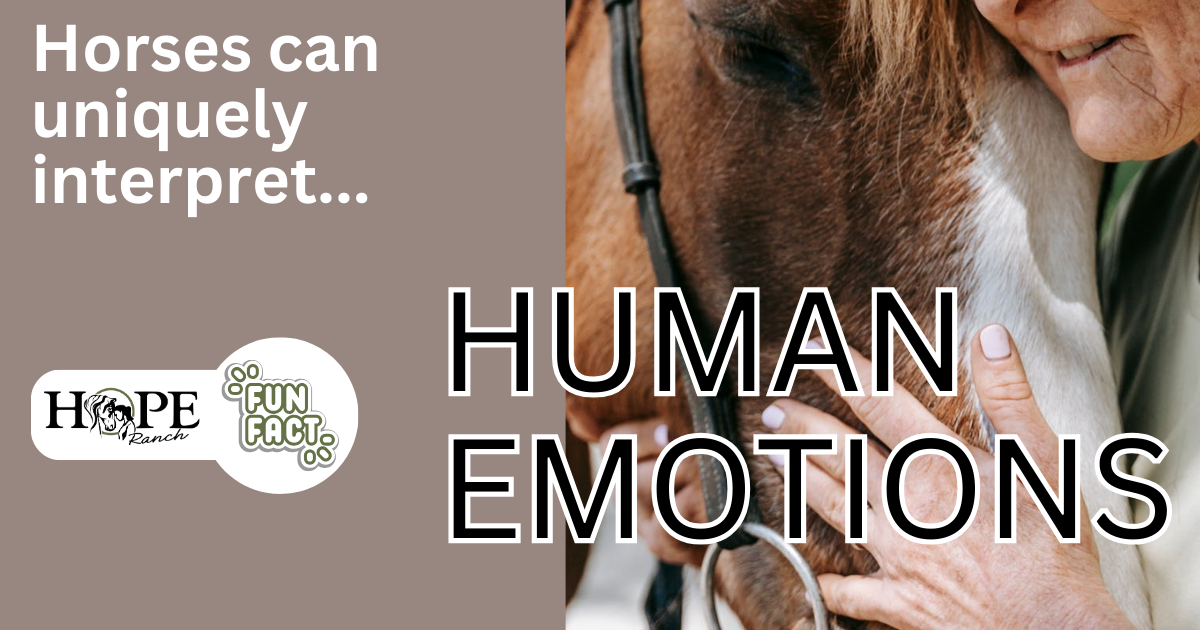 At H.O.P.E. Ranch, we believe in the power of partnership—not just between clients and therapists, but also between humans and horses. Through the EAGALA Model (Equine Assisted Growth and Learning Association), we harness the unique intelligence and emotional sensitivity of horses to create a transformative experience for those struggling with mental health challenges.
At H.O.P.E. Ranch, we believe in the power of partnership—not just between clients and therapists, but also between humans and horses. Through the EAGALA Model (Equine Assisted Growth and Learning Association), we harness the unique intelligence and emotional sensitivity of horses to create a transformative experience for those struggling with mental health challenges.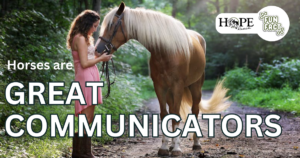
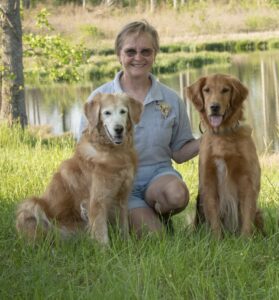
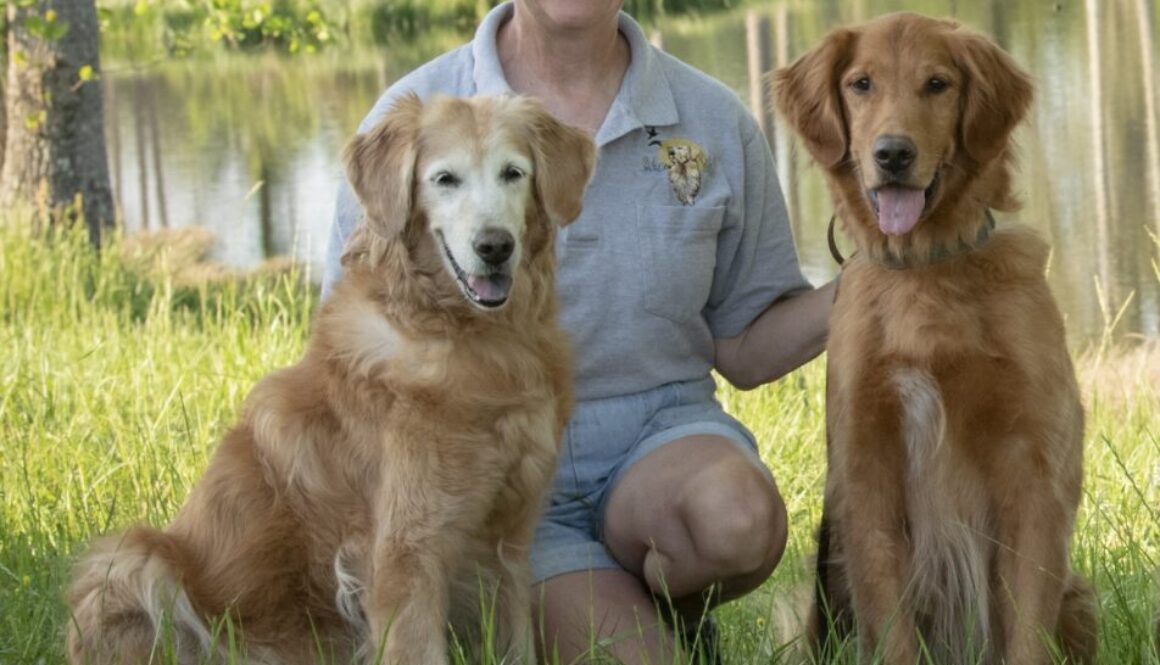
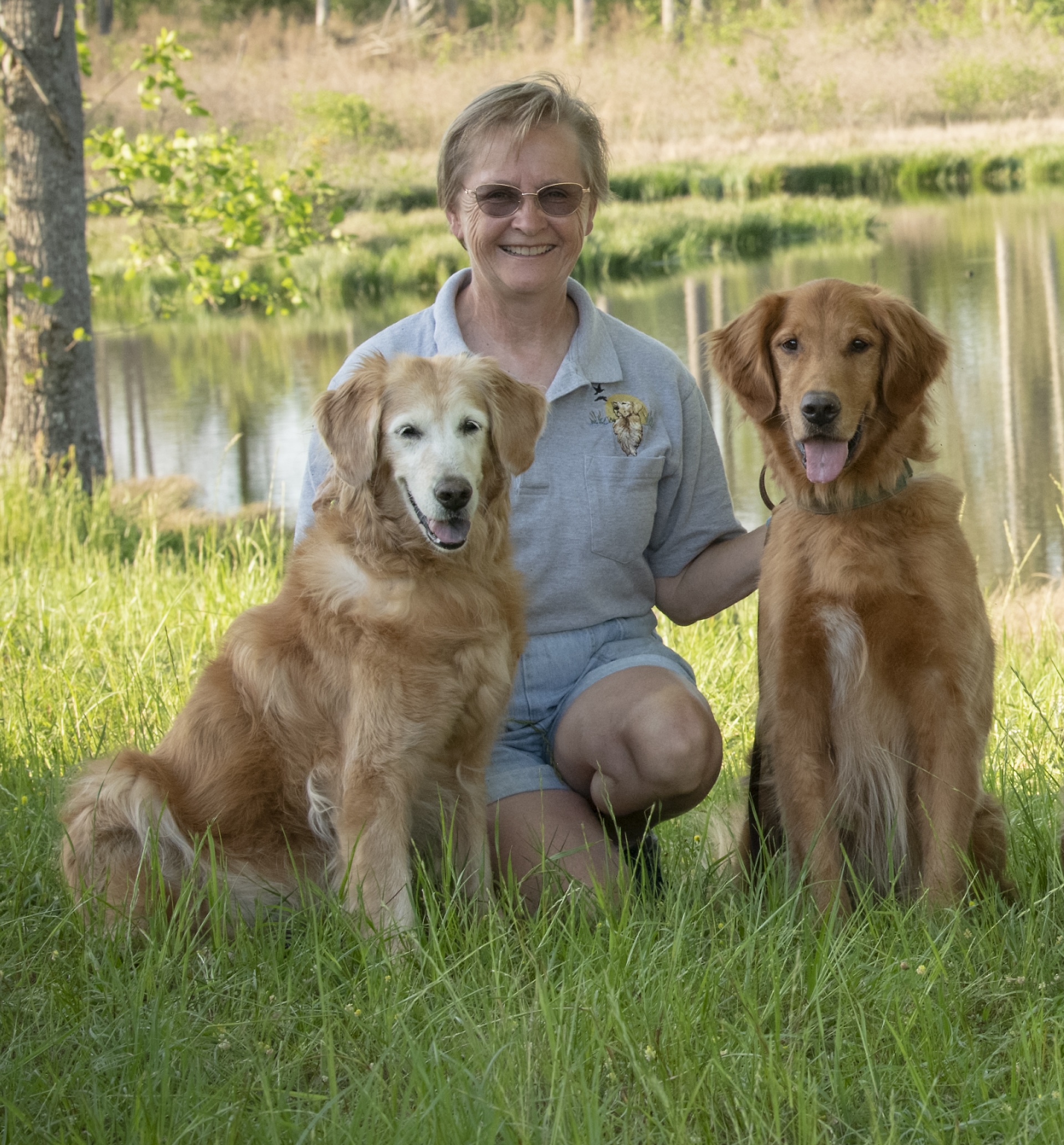 Education:
Education: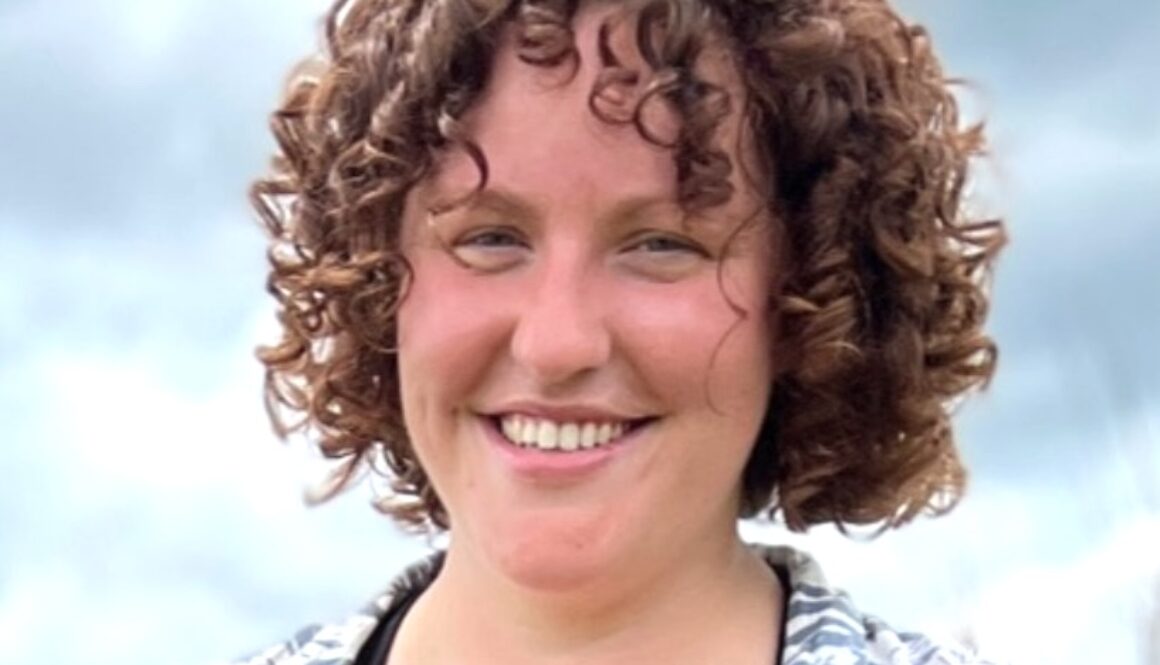
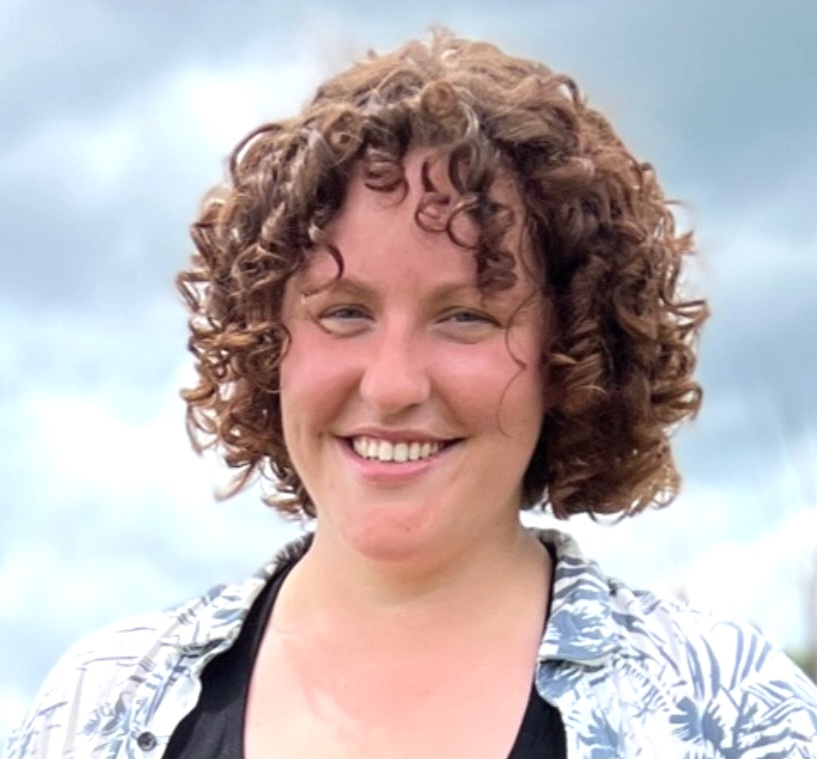
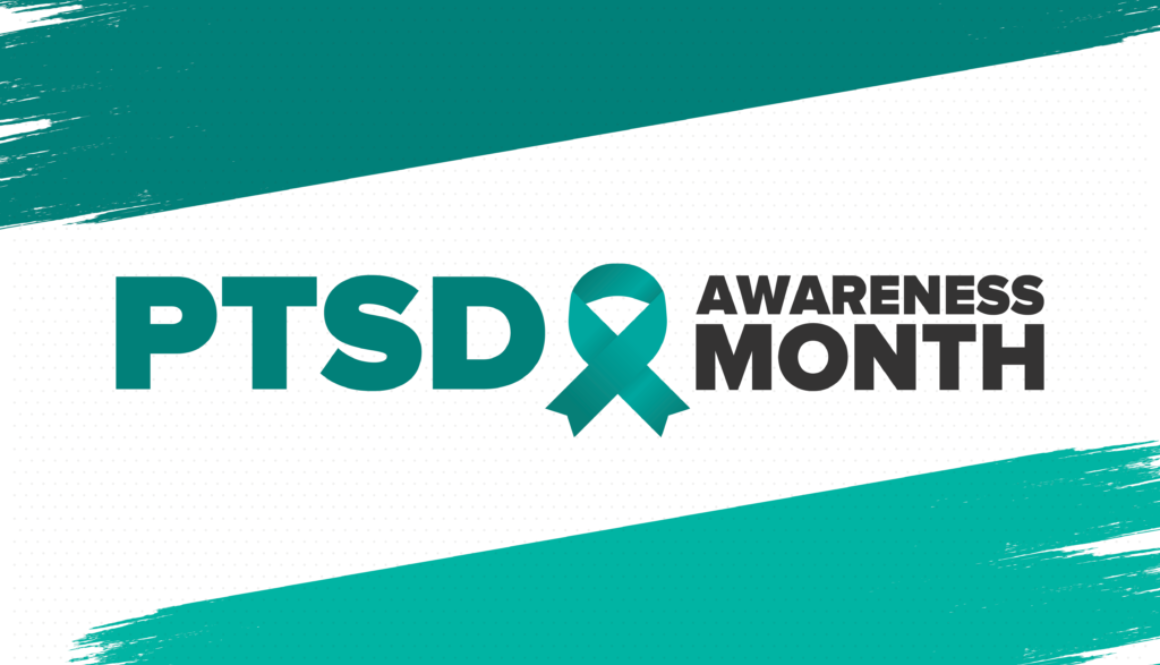

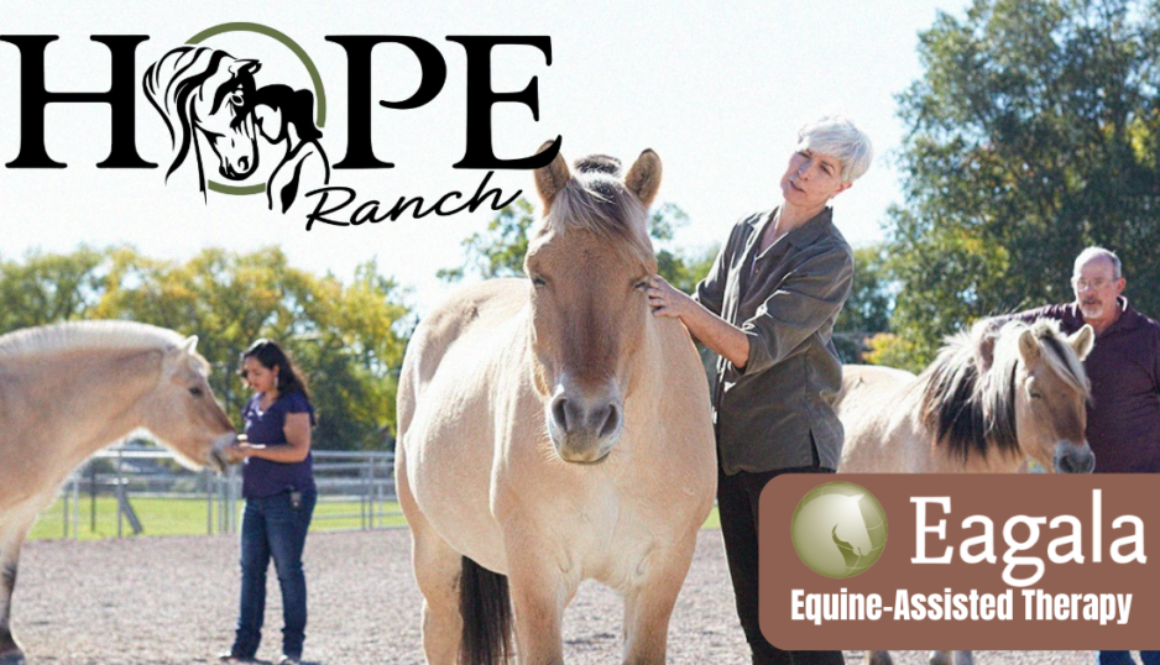
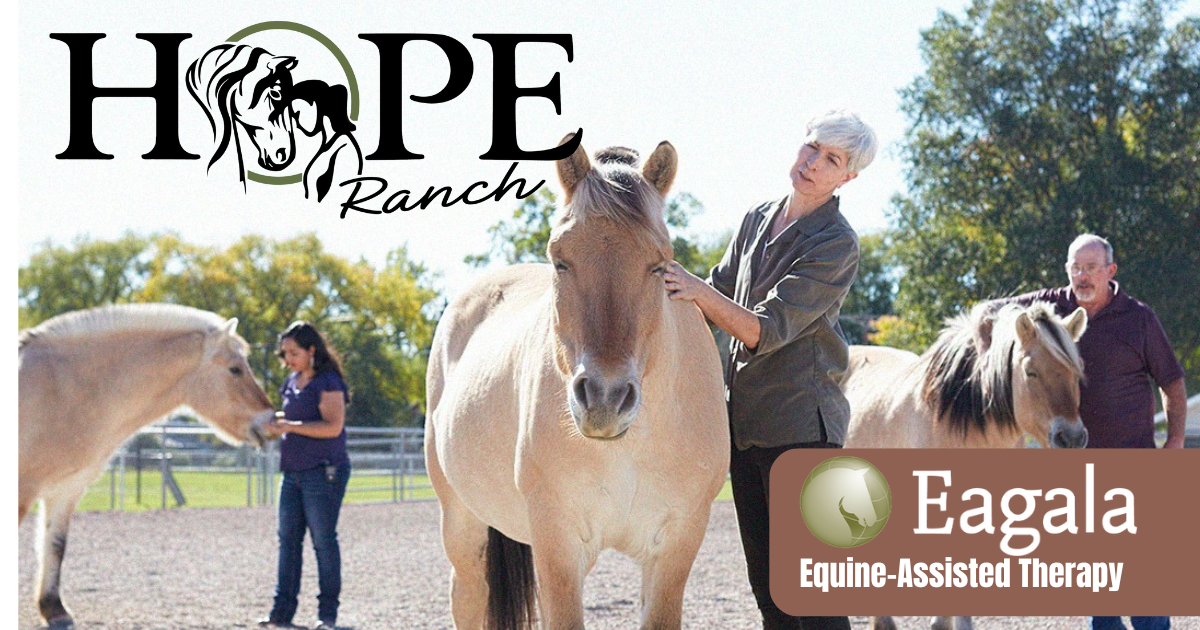





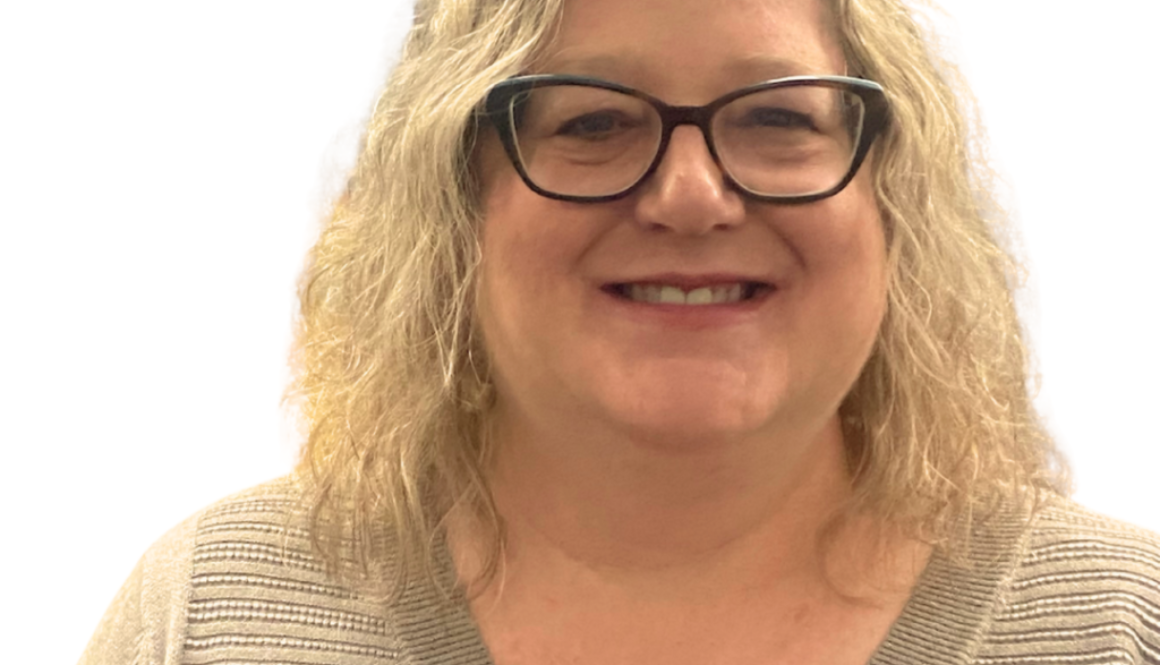
 Name:
Name: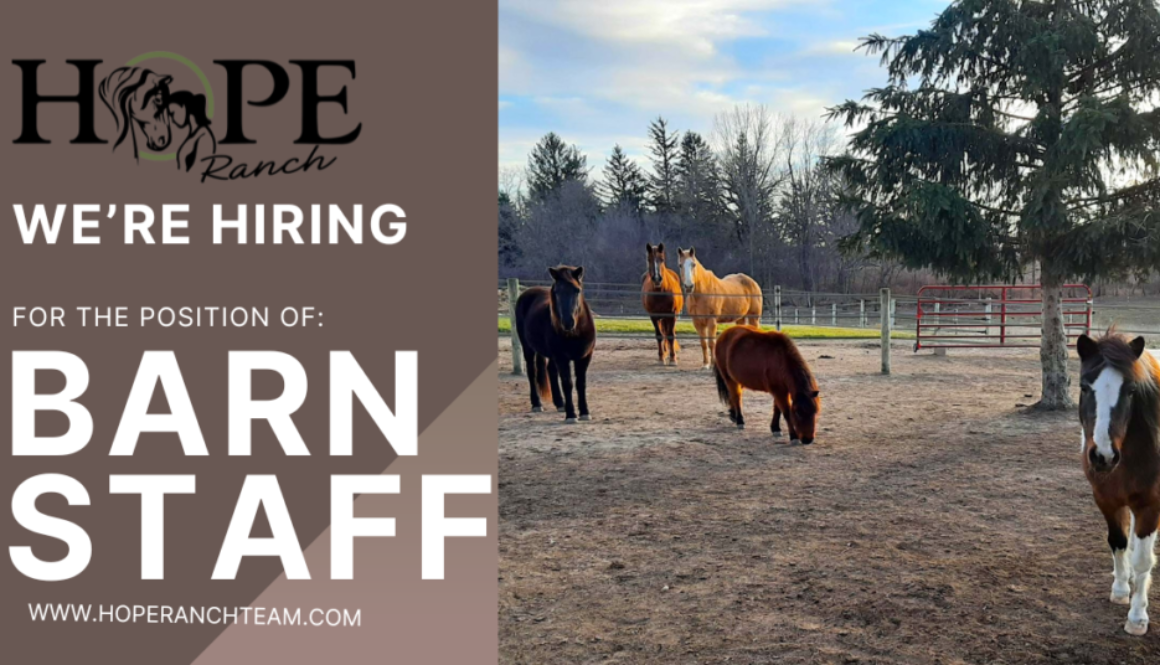
 Passionate about animals? Seeking a dynamic work environment where you can make a difference? Look no further!
Passionate about animals? Seeking a dynamic work environment where you can make a difference? Look no further!